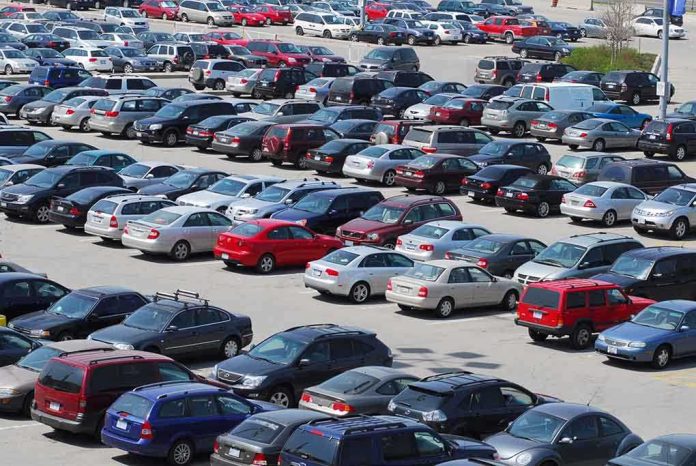
Consumer Reports’ latest findings show a worrying trend: Electric vehicles and hybrids are among the least reliable cars of 2025, prompting concerns from consumers and industry experts alike.
Story Highlights
- Electric and hybrid vehicles top the list of least reliable cars for 2025.
- Volkswagen and Jeep face ongoing quality control challenges.
- Reliability issues extend to major systems like engines and transmissions.
- Consumer Reports’ survey reflects real-world owner experiences, influencing buying decisions.
Electric and Hybrid Vehicles: A Reliability Dilemma
Consumer Reports’ 2025 reliability survey has highlighted a significant concern: electric and hybrid vehicles are disproportionately represented among the least reliable models. The Volkswagen ID.4 is a prime example, with issues ranging from battery and drive systems to electronics and climate control. These findings threaten the perception of EVs as the future of the automotive industry, raising questions about manufacturers’ ability to deliver dependable technology.
Electric vehicles, often touted for their technological advancements, face reliability challenges that can deter consumers. Battery problems, drive system failures, and charging malfunctions are common complaints. These issues not only affect vehicle performance but also consumer confidence, potentially slowing the broader adoption of electric vehicles. Manufacturers must address these shortcomings to maintain momentum in the EV market.
Traditional Brands Struggle with Quality Control
Volkswagen and Jeep continue to face quality control challenges, as evidenced by their rankings in the 2025 Consumer Reports survey. Volkswagen, ranked as the 5th least reliable brand overall, struggles with electrical system issues and buggy software. Jeep, with models like the Wrangler and Wagoneer, suffers from electrical faults and engine trouble codes. These ongoing issues undermine the brands’ reputations and affect consumer trust.
Traditional mechanical reliability issues still plague many SUVs, with transmission, turbocharger, and electrical problems being common. Vehicles like the Chevrolet Blazer and GMC Yukon have reported transmission failures and engine stalling. Such reliability concerns impact consumer purchasing decisions, often steering them away from these brands in favor of more dependable alternatives.
Implications for Consumers and the Industry
The financial implications for consumers owning unreliable vehicles are significant. Depreciation accelerates, repair costs skyrocket once warranties expire, and the inconvenience of frequent repairs disrupts daily life, particularly for working families. These factors contribute to a negative ownership experience and can lead to decreased brand loyalty.
"You've Been Warned: Consumer Reports Says These New Cars Are The Least Reliable" – Money Digest: Find Balance in Your Life & Budget #SmartNews https://t.co/t974f1tOzT
— Richard Sanz (@pacocheelaromo) October 24, 2025
The automotive industry must contend with the impact of these reliability findings. Poor reliability ratings can lead to decreased sales volumes and damage brand reputations. Manufacturers with strong reliability records, such as Toyota and Honda, stand to gain market share. Meanwhile, the prominence of electric vehicles on the least reliable list may slow the push toward broader electrification, as consumers remain wary of investing in unproven technology.
Sources:
Least Reliable Cars of 2025 According to Consumer Reports
5 Least Reliable Car Brands of 2025
CR’s 2025 Automotive Report Card







